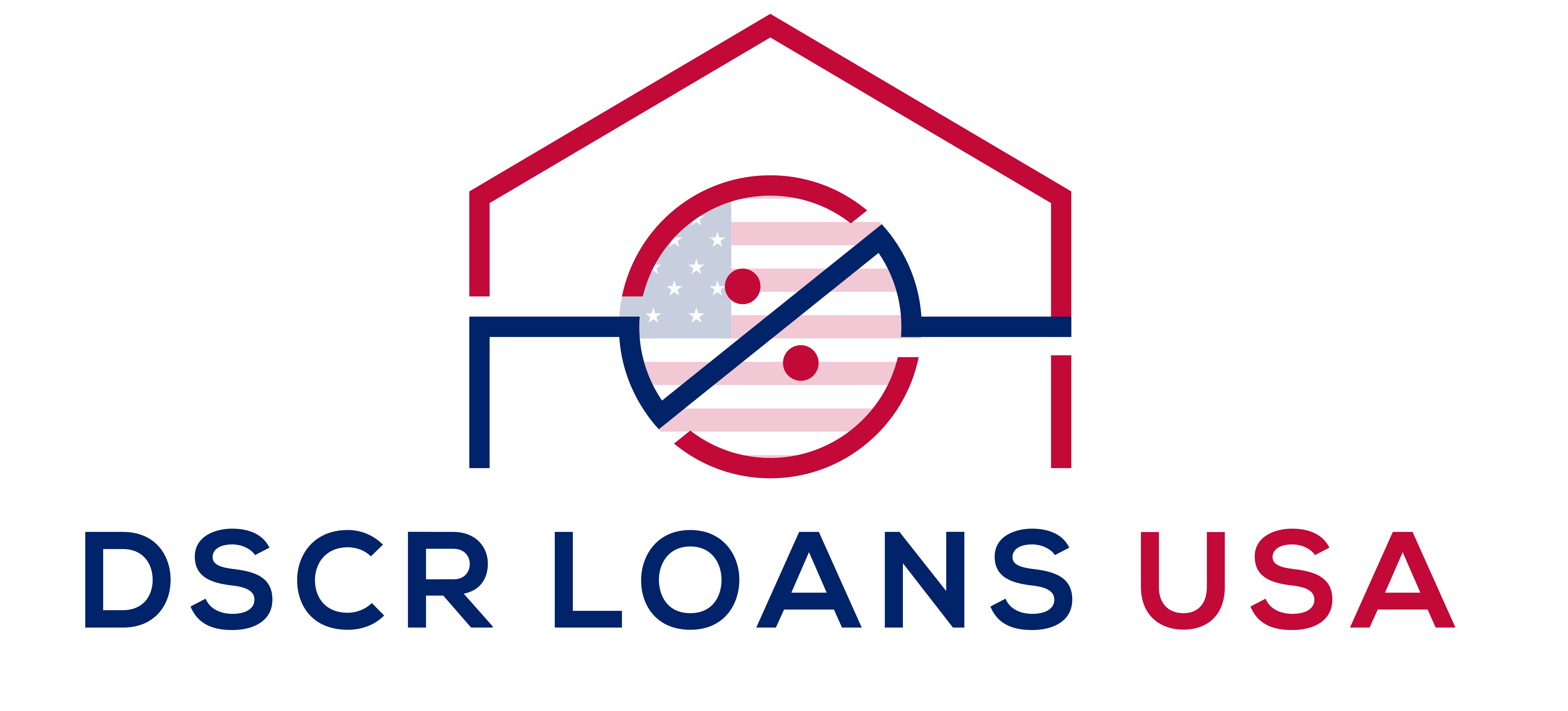Refinancing using the Debt Service Coverage Ratio (DSCR) is becoming an increasingly popular financial strategy among real estate investors.
This method involves recalculating loan terms based on the cash flow properties generate, offering significant benefits for managing and optimizing investment returns. This article explores how DSCR refinancing works, who it benefits, and what factors investors should consider.
What is DSCR Refinancing?
Debt Service Coverage Ratio (DSCR) refinancing assesses a property’s eligibility for new loan terms based on the cash flow it generates relative to its debt obligations. Lenders calculate DSCR by dividing the property’s annual net operating income by its total debt service costs. A DSCR greater than 1 means the property generates sufficient income to cover its debt payments, which is a green light for lenders considering refinancing proposals. This approach is particularly valuable for investors looking to refinance existing properties to capitalize on better interest rates and loan terms.
How does DSCR refinancing benefit investors?
Lower Interest Rates Reduce Monthly Payments: Refinancing can secure lower interest rates, significantly reducing the monthly financial burden on investors. This change can free up capital for other investments or operational expenses, making it a strategic move for long-term financial planning.
Access to Equity for Property Improvements: By refinancing, investors can tap into property equity to fund improvements, thereby increasing its market value and appeal to potential tenants. Whether upgrading fixtures or adding amenities, these enhancements can lead to higher rental rates and property valuation.
Longer Amortization Periods Decrease Payments, Improve Cash Flow: Extending the amortization period of a loan through refinancing can reduce monthly payments. This improvement in cash flow makes it easier for investors to manage financial fluctuations and ensures steady profit margins from rental properties.
Who benefits from refinancing?
Investors with Multiple Rental Properties: Investors juggling finances across multiple properties may find DSCR refinancing a practical approach to streamline debt management. It simplifies the financial landscape by consolidating debts under favorable terms, reducing overall monthly payments.
Investors Aiming to Optimize Cash Flow: For those focused on maximizing operational cash flow, DSCR refinancing can be a game-changer. It provides financial breathing room by reducing debt obligations and improving the liquidity necessary to cover property management costs and unforeseen expenses.
Key Requirements for Refinancing
Investors considering DSCR refinancing need to meet certain criteria:
- Minimum DSCR Ratio: Generally, lenders require a DSCR of at least 1.25, indicating the property earns 25% more income than its operating and debt expenses combined.
- Eligible Property Types: The property in question must typically be multi-family or commercial to qualify for DSCR refinancing.
- Credit Score Requirements: Investors usually need a credit score of 680 or higher, although this can vary by lender.
Impact of DSCR Refinancing on Loan Terms
Refinancing with DSCR often results in reduced interest rates relative to initial mortgage agreements. This reduction can significantly increase the profitability of an investment by decreasing monthly payment obligations. For example, lowering the interest rate by even a small percentage on a large loan reduces the amount paid in interest over the life of the loan, thus enhancing the investor’s return on investment.
Furthermore, the loan-to-value (LTV) ratio plays a crucial role in determining the amount an investor can borrow during the refinancing process. A favorable LTV ratio allows investors to access more equity from their properties, providing additional funds that can be used for further property improvements, investing in new properties, or increasing liquidity. The LTV ratio is calculated based on the current appraisal value of the property, so improvements and market conditions that increase property value can also improve the terms of refinancing.
By strategically using DSCR refinancing to secure lower interest rates and optimize LTV ratios, investors can not only reduce their debt service costs but also capitalize on the equity built up in their properties to bolster their investment portfolios.
Risks Associated with DSCR Refinancing
DSCR refinancing, while advantageous, involves certain risks that can impact an investor’s financial strategy:
Prepayment Penalties: Some refinancing agreements contain clauses that penalize borrowers for paying off loans ahead of schedule. These penalties can be substantial, eroding savings gained from lower interest rates. Investors need to carefully consider these penalties, especially if they plan to sell or refinance the property again in the near future. Understanding the terms and calculating potential costs versus benefits is crucial to determine if refinancing offers a true advantage.
Higher Overall Debt: Refinancing typically extends the loan’s amortization period or increases the borrowed amount to capitalize on equity, which can lead to a higher total debt load. This increment in leverage can be beneficial if property values and rental incomes increase, but it also amplifies risk. If property performance declines or if market conditions falter, the higher debt can strain cash flows and potentially lead to financial instability. Investors must assess their ability to manage increased debt under various market conditions and ensure that the property’s income will consistently cover the larger debt service.
Both these risks necessitate a thorough financial analysis and market evaluation before proceeding with DSCR refinancing to ensure it aligns with long-term investment goals and risk tolerance.
Preparing for a Refinancing Application
Effective preparation is key to a successful refinancing application. Investors should:
- Compile detailed financial statements and property income records: Clear, comprehensive financial documentation supports your application.
- Strategies to Improve Property Cash Flow: Before applying, enhance property cash flow through cost management and revenue optimization.
- Consultation with a Financial Advisor: Personalized advice from financial experts can guide investors through the refinancing process, tailoring strategies to meet specific investment goals.
DSCR refinancing is a potent tool for real estate investors seeking to optimize their property portfolios. By understanding and navigating the intricacies of DSCR, investors can enhance their financial flexibility, reduce costs, and position themselves for greater profitability in competitive markets.
Ready for More Great Tips and Information? Join Our Email List Today!

